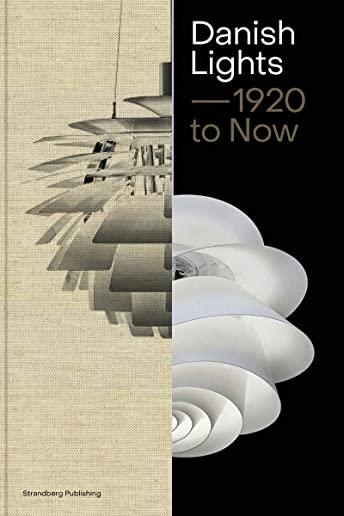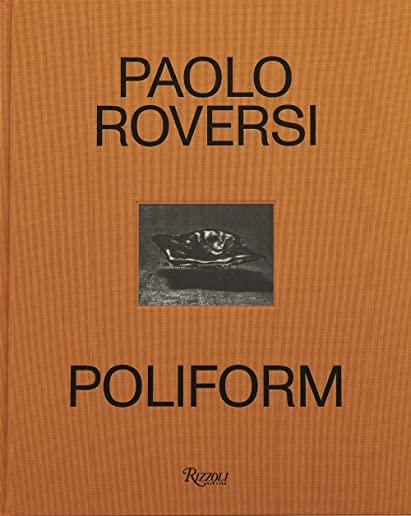
description
7
Some of the greatest innovations in modern lamp design were made in Denmark
One of the most iconic examples of 20th-century Danish design is the PH lamp, designed by Poul Henningsen in 1925. Combining functionalism with aesthetic innovation, the lamp's sleek and economical design won a gold medal at that year's International Exhibition of Modern Decorative and Industrial Arts in Paris. Taking this lamp as its point of departure, Danish Lights examines the histories of 100 lamp designs dating back to the 19th century.
By way of its individual case studies, the book provides a detailed survey of the development of lamp design in Denmark, beginning with the advent of oil and gas lamps through to the adoption of incandescent bulbs--the latter of which are associated with some of the most distinctively Danish designs. With over 300 illustrations, the book traces the history of Danish design's emphasis on ambience in lighting, due to lighting's important role in promoting hygge--the concept of a "warm and cozy" atmosphere prominent in Denmark. The centrality of the aesthetic of light in hygge, typified by candlelight, led many of the designers in this book to rethink their adherence to the Nordic functionalist design principle--known as funkis design in Denmark--by emphasizing the crucial quality of hygge in the design of their lamps. This book, the first to focus on Danish lamps, features many of the country's most prominent designers. In addition to Henningsen, other figures surveyed include Arne Jacobsen (himself the designer of a well-known lamp bearing his initials) and Verner Panton.member goods
No member items were found under this heading.
listens & views

ESSENTIAL COLLECTION MARCHIN / VARIOUS
by ESSENTIAL COLLECTION MARCHIN / VARIOUS
COMPACT DISCout of stock
$17.49
Return Policy
All sales are final
Shipping
No special shipping considerations available.
Shipping fees determined at checkout.






